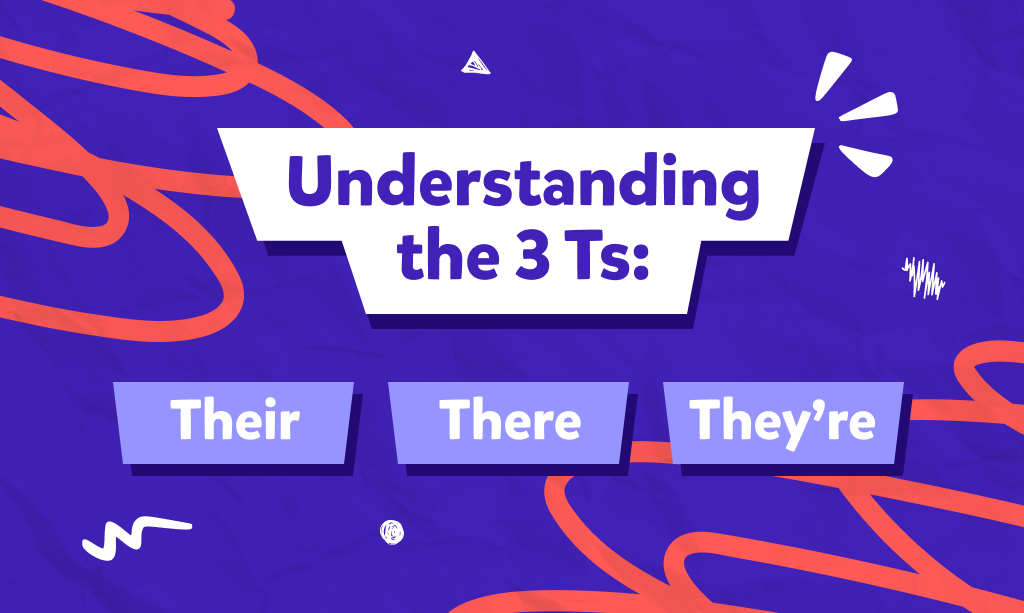Psychological Barriers for English Learners & How to Overcome Them
- Psychological Barriers Faced by English Learners
- Understanding Psychological Barriers
- Strategies for Overcoming Psychological Barriers
- Practical Tips for English Learners
Discover the psychological barriers faced by English learners and practical strategies to overcome them. From fear of making mistakes to lack of confidence, we’ll explore common challenges and provide valuable tips to help learners succeed.
Have you ever felt nervous or hesitant when trying to speak English? Or perhaps you’ve doubted your abilities and felt discouraged by the thought of making mistakes? If so, you’re not alone. Many English learners face psychological barriers that impact their confidence. In this article, we’ll explore these common psychological barriers and provide practical strategies to help overcome them.
Psychological Barriers Faced by English Learners
Learning a new language can be scary, especially when facing internal obstacles that seem to hold you back. Psychological barriers such as fear of failure, lack of confidence, and anxiety about making mistakes can create roadblocks on your learning journey. These barriers can make it challenging to practice speaking, engage in activities, or even believe in your own abilities to succeed.
However, it’s important to remember that these psychological barriers don’t have to be permanent. With the right strategies and mindset, you can overcome them and make significant progress in mastering the English language.
In this article, we will explain what a psychological barrier is to better your overall understanding and how it can affect your ability to learn. We’ll also discuss practical tips and techniques to help you build confidence, manage anxiety, and navigate cultural and identity issues that may arise.

Understanding Psychological Barriers
To be able to overcome psychological barriers, we must first be aware of their presence and be able to understand them. Psychological barriers are obstacles that can affect a person’s thoughts, feelings, and behaviors, making it difficult for them to achieve their goals. For English learners, these barriers can present challenges. Here are some common psychological barriers that you may encounter when trying to learn English:
Fear of Failure & Embarrassment: Many English learners worry about making mistakes or looking foolish when speaking English. This fear can make them hesitant to practice or participate in language activities.
Lack of Confidence in Speaking: Some English learners lack confidence in their speaking abilities. They may doubt their pronunciation or grammar skills, which can make them reluctant to engage in conversations or speak up in class.
Negative Self-Perception & Low Self-Esteem: Negative self-perception and low self-esteem can undermine an English learner’s confidence and motivation. They may feel inferior to native speakers or believe they are not capable of mastering the language.
Anxiety About Making Mistakes: English learners may experience anxiety about making mistakes when speaking or writing in English. This anxiety can create a barrier to learning and prevent them from taking risks or trying new things.
Cultural Differences & Identity Issues: Cultural differences and identity issues can impact an English learner’s language learning experience. They may struggle to balance their cultural identity with learning a new language, leading to feelings of confusion or disconnection.
These barriers can significantly impact language learning progress and motivation. They may cause English learners to avoid speaking or practicing English, limit their participation in activities, or undermine their confidence and self-esteem. Overcoming these barriers is essential for learners to achieve success and reach their language learning goals.
Strategies for Overcoming Psychological Barriers
Now that we understand psychological barriers take a moment to reflect on whether any of these barriers are affecting your personal learning abilities. Overcoming psychological barriers when learning English is essential for success. By implementing strategies, you can overcome these barriers and make significant progress in your learning journey. Remember to be patient and kind to yourself, and don’t hesitate to seek support from others when needed.
Here’s what we recommend:
Build Confidence & Self-Esteem
Practice regularly: Engage in speaking, writing, and listening activities to build your skills and boost your confidence.
Celebrate small victories: Acknowledge your progress and accomplishments, no matter how small, to build self-esteem.
Set achievable goals: Break down your language learning goals into manageable tasks, and celebrate each milestone you reach.
Positive self-talk: Replace negative thoughts with positive affirmations to boost your self-esteem and motivation
Create a Safe & Supportive Learning Environment
Peers: Surround yourself with supportive people and teachers who encourage and motivate you.
Seek feedback: Embrace feedback as an opportunity for growth and improvement, and use it to refine your skills.
Practice in a non-judgmental setting: Find opportunities to practice English in a safe environment where making mistakes is accepted and encouraged.
Remember that being optimistic can give you a massive boost in confidence. Even when things are hard, staying positive is the key to eventually finding success. Don’t be afraid of moving forward in your language journey with a smile on your face, even when you are facing psychological barriers.
Develop Coping Mechanisms for Anxiety
Deep breathing exercises: Practice deep breathing techniques to calm your nerves and reduce anxiety during language activities.
Visualization: Visualize yourself succeeding in English tasks to build confidence and reduce anxiety.
Break tasks into smaller steps: Break down challenging tasks into smaller, more manageable steps to reduce feelings of overwhelm and anxiety.
Practice mindfulness: Practice mindfulness techniques to stay present and focused during language learning activities.
Address Cultural and Identity Issues
Embrace diversity: Celebrate cultural differences and view them as opportunities for learning and growth.
Seek cultural understanding: Take the time to learn about different cultures and perspectives, and be open to new experiences.
Connect with others: Build connections with people from diverse backgrounds to gain insight into different cultural perspectives.
Reflect on your identity: Explore how your cultural identity influences your language learning journey and embrace your unique background.
Practical Tips for English Learners
Learning English can be challenging, especially when you consider psychological barriers. Here are some additional strategies and tips to help English learners overcome these obstacles and be more confident along their language journey:
Set Realistic Goals and Track Progress: Break down your learning goals into achievable steps and track your progress along the way. Celebrate your successes and adjust your goals as needed to stay motivated.
Engage in Regular Practice & Exposure: Consistent practice is key to improving your English skills. Make an effort to practice speaking, listening, reading, and writing in English every day, even if it’s just for a few minutes.
Seek Out Supportive Communities and Language Exchange Opportunities: Surround yourself with people who support your language learning journey. Join online forums, language exchange groups, or local English-speaking communities to practice with others and gain encouragement.
Embrace Mistakes: Remember that making mistakes is a natural part of learning a new language. Instead of being discouraged by errors, see them as opportunities for growth and learning. Embrace the learning process, and don’t be afraid to try new things.
Seek Professional Guidance from Counselors When Needed: If you’re struggling with psychological barriers that are hindering your progress, don’t hesitate to seek help from professionals. Counselors, therapists, or language instructors can provide support, guidance, and resources to help you.
In conclusion, we’ve shed light on common challenges many encounter on their language-learning journey. From fear of making mistakes to lack of confidence, these barriers can hinder progress and impact motivation. But fear not! Armed with practical strategies such as creating a supportive learning environment, setting achievable goals, and embracing opportunities for practice, you can effectively overcome these barriers and be a language learning pro!
By acknowledging and addressing these barriers, English learners can build confidence, improve fluency, and achieve their language-learning goals. Remember, with determination, staying positive, and having the right mindset, anyone can overcome psychological barriers and succeed in mastering English.






































